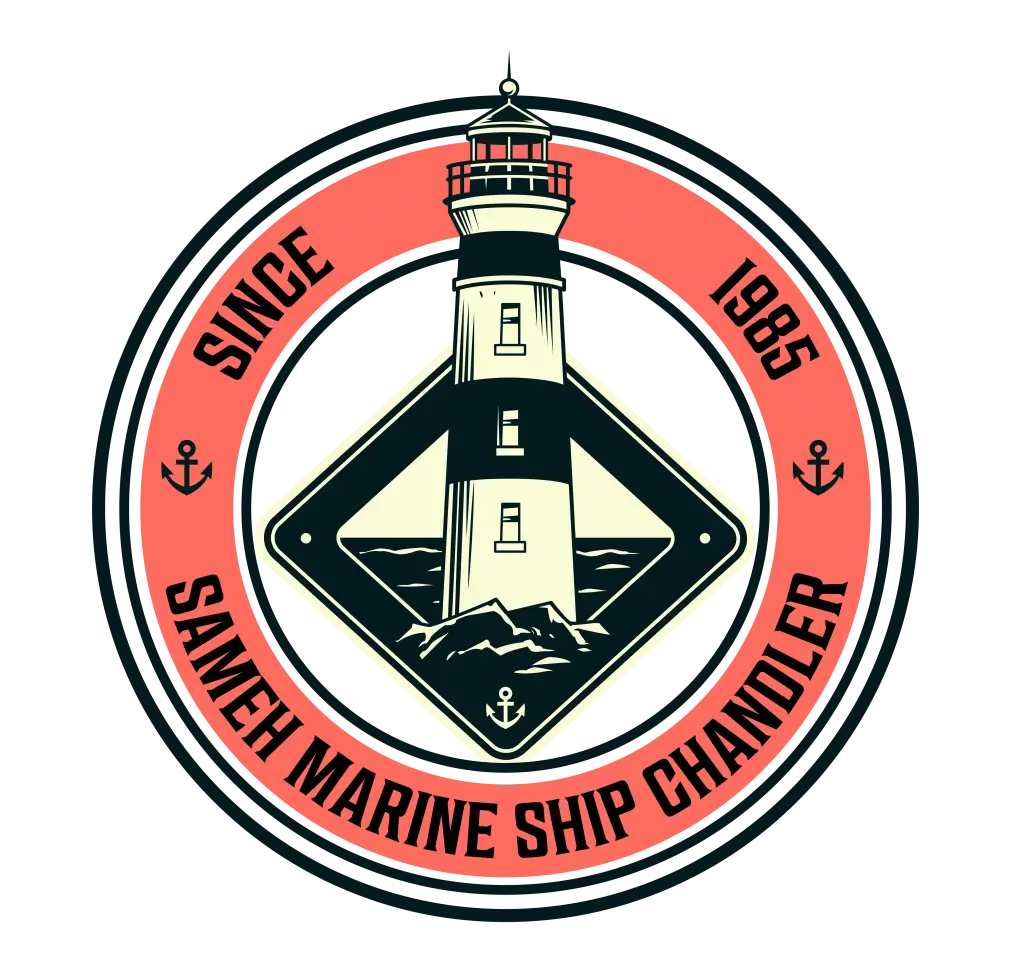Introduction
In the operating world of maritime commerce, efficient ship provisioning stands as a cornerstone for smooth operations. As demands increase and regulations shift, ports like Ras Gharib Port play a pivotal role in adapting to industry needs. In this article, we inquire into the complexities of Ship Provision at Ras Gharib Port, exploring its significance, challenges, and adaptation strategies.
Understanding Ship Provision at Ras Gharib Port
Ship provisioning encompasses the process of supplying vessels with essential provisions and services to sustain their journeys. These provisions span a wide range of necessities, including food, water, fuel, and equipment. Ensuring adequate provisioning is critical for maintaining crew welfare, meeting regulatory requirements, and enabling constant boating. However, the task is not without its challenges, as fluctuating demand, logistical complexities, and regulatory compliance add layers of complexity to the process.
Ras Gharib Port: A Hub for Ship Provisioning
Bunble along the coast, Ras Gharib Port emerges as a strategic hub for ship provisioning in the region. Its prime location and state-of-the-art infrastructure make it an ideal stopover for vessels seeking renewal. Equipped with modern facilities and a dedicated workforce, Ras Gharib Port offers a comprehensive array of provisioning services, ranging from fresh produce to technical supplies. Its role in facilitating smooth provisioning operations underscores its significance in maritime logistics.
Facilities and Services
Ras Gharib Port boasts a plethora of facilities and services tailored to meet the different needs of ships calling at its docks. These include:
- Berthing facilities capable of accommodating vessels of various sizes
- Warehousing and storage facilities for perishable and non-perishable goods
- Bunkering services for refueling vessels with marine fuels
- Provisioning stores stocked with a wide range of consumables and equipment
- Technical services for maintenance and repair works
Industry Demands and Adaptation Strategies
The landscape of ship provisioning and supply is constantly developing, driven by changing industry demands and regulatory requirements. Ras Gharib Port must adapt swiftly to these dynamics to remain competitive and relevant. Key factors influencing provisioning demands include seasonal variations, emerging regulations on food safety and environmental sustainability, and shifting consumer preferences.
In response to these challenges, provisioning companies at Ras Gharib Port have implemented various adaptation strategies:
- Diversification of product offerings to cater to changing consumer preferences
- Integration of technology to streamline procurement and distribution processes
- Collaboration with regulatory bodies to ensure compliance with evolving standards
- Implementation of sustainable practices to minimize environmental impact
Technology and Innovation in Ship Provisioning
Technology plays an important role in reforming the Ship Provision at Ras Gharib Port and Safaga Port process, enhancing efficiency, and reducing costs. At Ras Gharib Port, the adoption of innovative technologies has led to significant improvements in provisioning operations. Automated inventory management systems, real-time tracking solutions, and predictive analytics enable better resource allocation and demand forecasting. Furthermore, digital platforms facilitate seamless communication and collaboration between stakeholders, ensuring smooth coordination throughout the provisioning supply chain.
Sustainability and Environmental Considerations
In a world of heightened environmental awareness, sustainability has emerged as a key consideration in ship provisioning at Alexandria Port and also in other ports practices. Ras Gharib Port is committed to minimizing its ecological footprint by implementing eco-friendly initiatives such as:
- Utilizing renewable energy sources for port operations
- Implementing waste management and recycling programs
- Encouraging the use of eco-friendly packaging materials
- Promoting the adoption of clean technologies among port users
By prioritizing sustainability, Ras Gharib Port aims to not only meet regulatory requirements but also contribute to the preservation of marine ecosystems for future generations.
Future Trends and Outlook
Looking ahead, the future of Ship Provision at Ras Gharib Port appears promising yet challenging. Emerging trends such as digitization, automation, and sustainability will continue to shape the landscape of maritime logistics. To stay ahead of the curve, Ras Gharib Port must remain agile, innovative, and adaptive. By touching on technological advancements, fostering sustainability, and forging strategic partnerships with Samehmarine, Ras Gharib Port is poised to thrive in an ever-changing industry landscape.
Conclusion
In conclusion, ship provisioning at Ras Gharib Port is a multifaceted aim that requires careful planning, coordination, and adaptation. As industry demands and regulations evolve, Ras Gharib Port remains steadfast in its commitment to meeting the needs of its customers while upholding the highest standards of efficiency and sustainability. With its strategic location, modern infrastructure, and forward-thinking approach, Ras Gharib Port is primed to navigate the complexities of the maritime industry and emerge as a beacon of excellence in ship provisioning.
